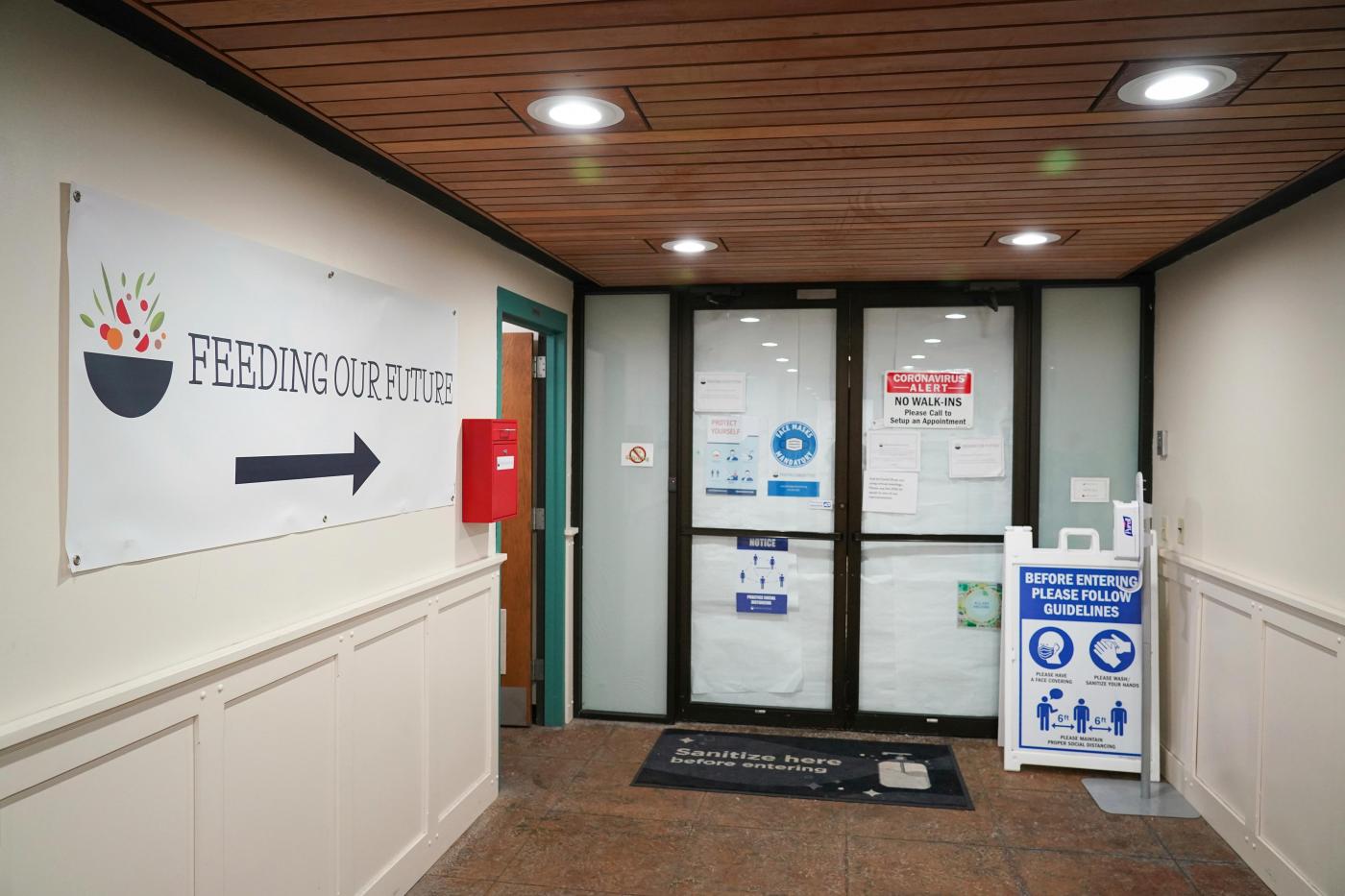A recent survey conducted by Gallup has revealed that a significant portion of American workers—specifically, one in four—feel they do not have a clear path for career advancement. This finding raises concerns as employees grapple with a cooling job market where growth opportunities appear limited. The report highlights the disparities in job quality, particularly among different demographics, emphasizing the need for companies to foster environments that support employee development.
According to the Gallup study, over 60% of respondents reported having some form of advancement opportunities, while the remaining workers either found the question irrelevant or chose not to respond. The survey indicated that employees with lower levels of education and those employed in smaller companies typically reported fewer chances for career growth.
Susan Houseman, a senior economist at the Upjohn Institute for Employment Research, underscored the importance of advancement opportunities, noting that they significantly influence employee morale and retention rates. “Opportunities for advancement are very, very important,” she stated, highlighting the broader implications for businesses seeking to maintain a motivated workforce.
The study also pointed out that access to training opportunities is unevenly distributed. Many employees who benefit from on-the-job training possess higher levels of formal education, leaving others at a disadvantage. “This is also about making sure that our investments in training and development and advancement are going to the right places,” Blankenship remarked, stressing the need for equitable access to professional growth.
In conjunction with the Gallup findings, a separate report from Bankrate revealed that 62% of American families feel their wages have not kept pace with inflation over the past year, the highest percentage recorded in four years. Sarah Foster, an analyst at Bankrate, noted, “Everybody is just stuck right now.” This sentiment resonates with many workers who are facing increased living costs while feeling stagnant in their positions.
The latest monthly jobs report, released on September 5, 2023, indicated that U.S. employers added only 22,000 jobs in August, raising concerns about the health of the job market. Although the unemployment rate stands at 4.3%, Foster pointed out that this figure can mask the challenges workers are facing, as the hiring rate of 3.2% is at its lowest level in over a decade.
As employees navigate these turbulent conditions, Andrew Seaman, editor-at-large for Jobs & Career Development at LinkedIn News, encouraged workers feeling stuck in their careers to engage in discussions with their supervisors about potential growth. He advocated for open communication as a means to foster creativity and innovation within the workplace.
Both Foster and Houseman agree that while the current landscape presents challenges, employees should approach their career development proactively. Houseman emphasized that companies that provide pathways for growth can improve overall employee satisfaction and retention.
In a time when many feel trapped in their roles, Blankenship highlighted that even smaller companies are capable of fostering career advancement. She suggested that mentorship programs can be particularly effective in enhancing employee satisfaction, regardless of the company size. “I’m hoping that this research starts to expose a wider menu of options, including for small businesses,” she said.
The findings from both the Gallup study and the Bankrate report illustrate a complex landscape for American workers, where career advancement and fair compensation are increasingly viewed as integral components of job quality. As the economy evolves, the need for organizations to adapt and provide meaningful growth opportunities remains critical.







